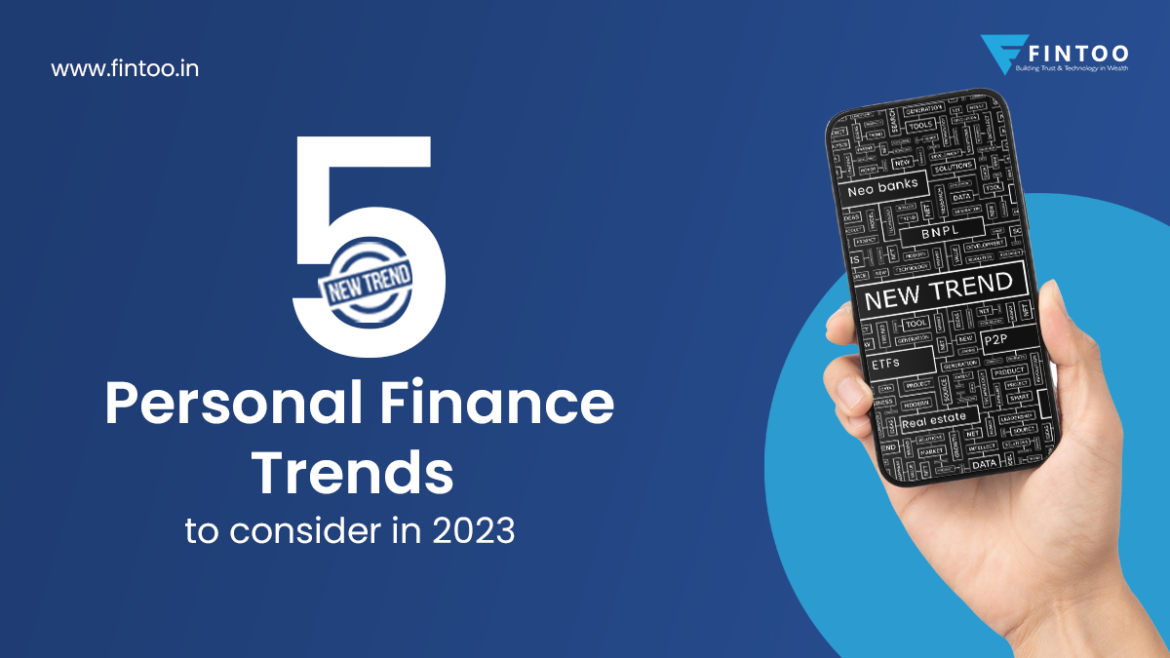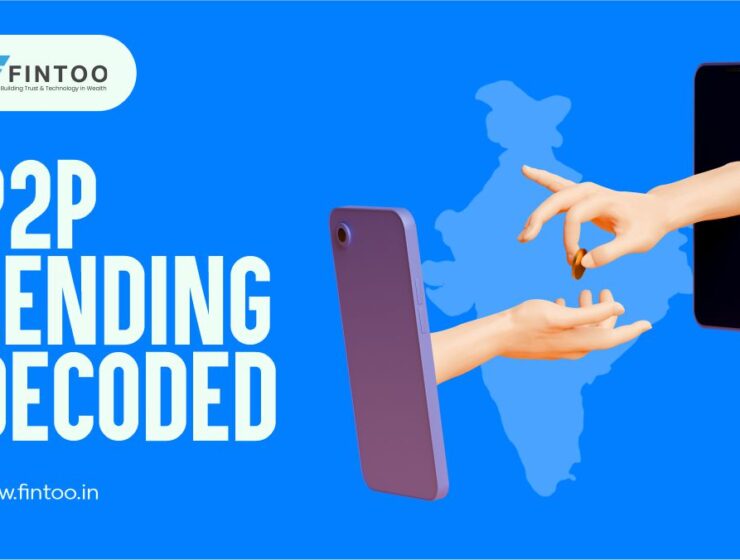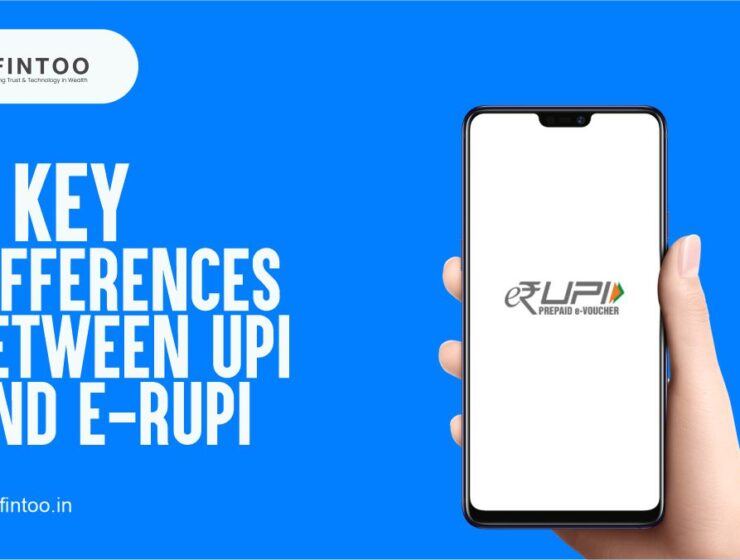

The Indian economy being in its developing phase frequently provides the platform to introduce new and innovative avenues in the finance sector. Over the past few years, we have witnessed growth at an exponential rate after the commerce space was met with digitalization. Subsequently, it opened up the means to explore new-age and advanced methods of managing one’s personal finance.
As we have entered the threshold of 2023, let’s take a look at the top personal finance trends that can improve your portfolio by offering hassle-free wealth management alternatives.
Neo banks:
Neo banks are non-physical banks that are built on a digital ground. Therefore, they are also called as digital banks. These banks provide a similar range of facilities as compared to a regular bank, such as deposits, withdrawals, money transfers, investments, online payments, loans, debit cards, etc.
Unlike traditional banks, neo banks cannot operate on their own as RBI does not issue any banking license for them. So, in order to provide financial services, they collaborate with licensed banks.
Since the whole process is online, they have a low operational cost and are more systematic and faster in terms of account creation, KYC verification, account activation, domestic and international transactions, account updations, etc. Overall, neo banks offer better financial management as they include a customized experience through AI-based beneficial inputs for account operations. With neo banks, you can conveniently operate your account from anywhere through your smartphone.
Buy Now Pay Later (BNPL):
You might have noticed that when you make a quick run to the grocery store and accidentally forget to carry your wallet, the retailer is often quick to lend the goods on credit by asking you to pay at a later date. Giving the facility of credit is an age-old method of fostering strong customer relations. Earlier, this benefit was not available to customers making online purchases. However, with the launch of the “Buy Now Pay Later” payment option in India, the online shopping space can now compete with the local market fair and square.
While this facility enables the people who do not own a credit card and, under any circumstances, need to make a purchase on a credit basis, wherein they can make the payment using interest-free installments spread across approximately 3-6 months.
However, in case you do not have a good credit history or if you wish to increase the credit repayment period, you may have to pay a high-interest rate.
Exchange Traded Funds (ETFs):
ETFs essentially mirror the stock market indices and are traded in the market just like regular stocks. They diversify the risk by investing in a broad range of assets like stocks, bonds, gold, real estate, and other securities. These SEBI regulated funds are bought in terms of units and have a low expense ratio.
Being a low-risk investment option, ETFs mainly aim to attract risk-averse investors with a long-term investment horizon who wish to earn a stable and moderate income. However, keep in mind that to invest in ETFs, you will have to open a Demat account.
ETFs provide more flexibility and transparency as they can be traded throughout the day. ETFs have been gaining significant popularity among investors in India as they are comparatively less volatile and suitable to a large number of investors.
Peer-To-Peer (P2P) Lending:
Traditionally, we deposit money into banks on which we earn interest at a fixed rate. The simple mechanism behind this is that banks accept deposits and lend it to borrowers at a higher interest rate compared to what they provide to account holders.
Now, suppose you eliminate the intermediary and carry out the lending and borrowing transactions directly, you will earn a much higher interest income than what your bank has been offering. P2P lending provides that platform to carry out direct credit transactions between individuals who are seeking to borrow and lend money. Through P2P lending, investors can generate better revenue compared to what they were earning with the involvement of a bank.
This new-age investment method is suitable for investors who have a medium to high-risk tolerance and a diverse portfolio. It is a boon for people who find it difficult to apply for formal credit as well as for people who are willing to earn a higher revenue despite the risk.
With constant advancement in the fintech industry, P2P lending might undergo more changes in the near future that may upgrade it to a regulated and reliable source of investment alternative, which makes it worth looking out for.
Real estate:
Real Estate is one of the market’s most trusted and safest investment options. Even during the market volatility due to an increase in the rate of inflation and growing threats of a recession, the real estate sector continued to thrive. As it is less prone to market fluctuations, it continues to generate profits even when other investments begin to stagger. But to invest in a real estate property, an individual requires a huge corpus. So, the next best alternative is investing in a R.E.I.T.
R.E.I.T. is a scheme in which a group of investors can purchase a property stake. They are similar to mutual funds, but here the underlying asset will be the real estate property itself and not the shares of the real estate company. The dividend is generated by leasing or renting the property and distributed among the investors. This is a great way to invest in real estate without arranging for a large corpus.
Conclusion:
These are some of the latest personal finance management trends that are becoming well-known among people and have the potential to grow in the coming years. As we have stepped into the new year, make sure to research and understand these progressive methods to garner the benefits of any scheme that appeals to you the most. And if you have any doubts, you can always consult a finance expert to get detailed insights and personalized recommendations.
Disclaimer: The views expressed in the blog are purely based on our research and personal opinion. Although we do not condone misinformation, we do not intend to be regarded as a source of advice or guarantee. Kindly consult an expert before making any decision based on the insights we have provided.
Related Posts
Stay up-to-date with the latest information.


